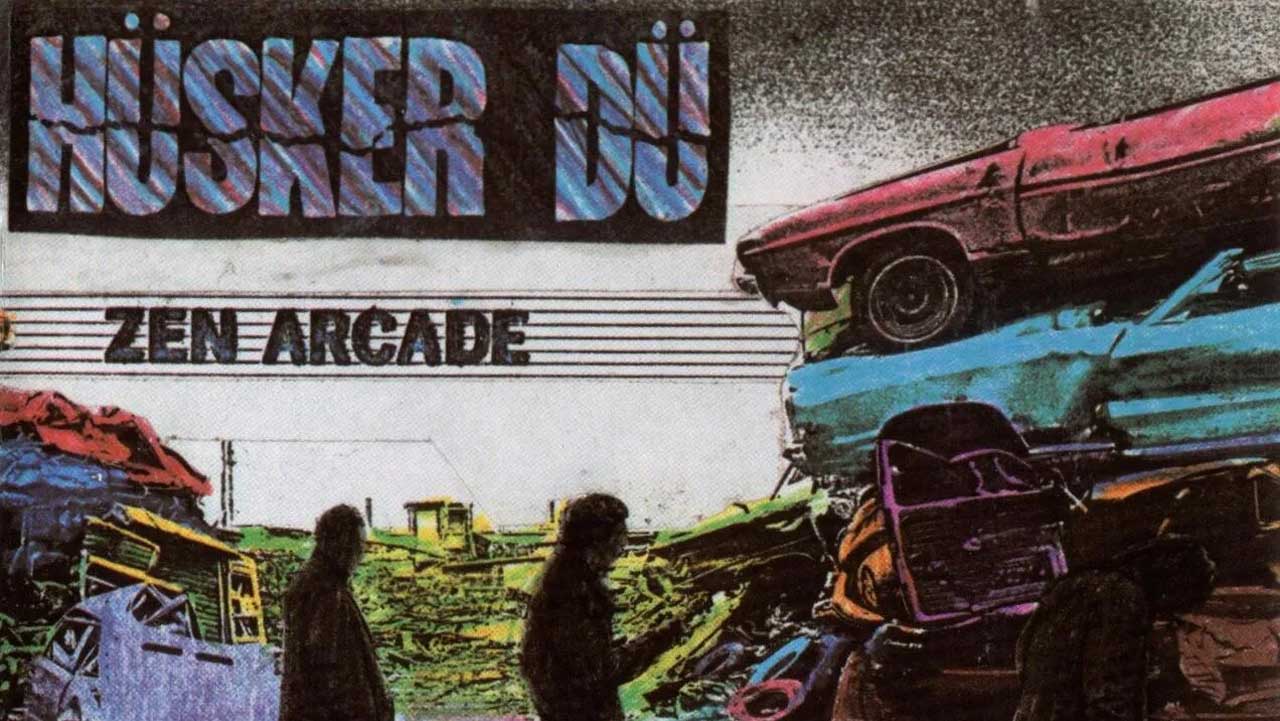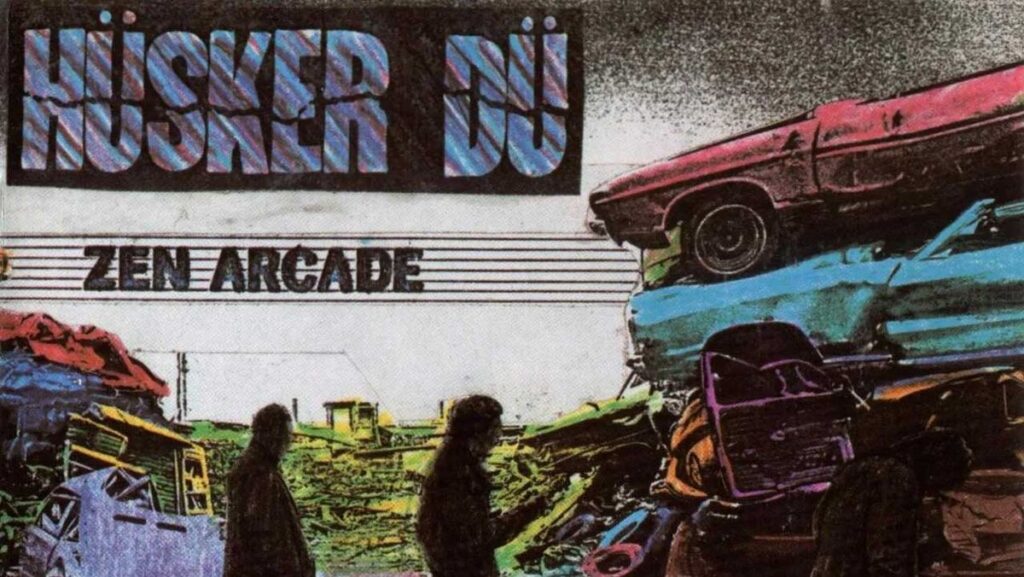
Shaped in 1979, Minnesota energy trio Hüsker Dü got here up in the course of the early-80s hardcore punk scene and won a following in 1983 when their EP Steel Circus, with its yin-yang mixture of ferocity and melody and most commonly two-minute tracks, began choosing up faculty radio play. Then when Zen Arcade landed in July 1984 it led to a mighty, alt.rock splash. Even though it integrated a few of their maximum exciting punk rock velocity rides, it was once a vastly formidable double-vinyl thought album.
Written and recorded temporarily, and with lots of the elementary tracks put down in a single take, Zen Arcade was once in keeping with a private ceremony–of–passage tale, from adolescence to manhood. It encompassed acoustic strums, piano miniatures, Indian-inspired psychedelia, and the 14-minute instrumental Reoccurring Desires. Each drummer/vocalist Grant Hart and guitarist/vocalist Bob Mold had been evolving as songwriters, they usually confirmed they might end up Beatles-y melodies and sing rough-hewn harmonies.
In 1983, Mold informed Large Black guitarist/vocalist Steve Albini – then writing for Topic fanzine and later to grow to be the 90s’ go-to punk and alt.rock manufacturer – that Hüsker Dü had been increasing past punk and “going to take a look at to do one thing larger than anything else like rock’n’roll”. He later likened Zen Arcade to a level play or a film.
The band seemed like a number of misfits, however they loved an extraordinary musical chemistry. Hart driven arduous at the beat with busy snare rolls, his taking part in underpinned by way of Greg Norton’s limber bass, and Mold summoned an incendiary sound from his guitar.
Hüsker Dü by no means misplaced their edge and depth however went directly to make a sequence of extra centered, commercially a success albums culminating of their swansong, 1987’s Warehouse: Songs And Tales. It was once every other double and their maximum streamlined, poporiented and prime profile free up. The band cut up in early 1988, but it surely signposted the right way to Mold’s song with the very talked-about Sugar and Hart’s with Nova Mob.
Zen Arcade stands as Hüsker Dü’s most unique remark. It influenced the song of Nirvana, Foo Combatants, Pixies, (who famously marketed for a bass participant “Into Hüsker Dü and Peter, Paul And Mary”), R.E.M., Dinosaur Jr, Inexperienced Day, Melvins, Queens Of The Stone Age, and nearly any band from the 80s onwards who allied excellent tunes with severely overdriven guitars. Hüsker Dü additionally helped determine the fashionability of the plaid blouse; alas that they had much less luck with the waxed ’tache.


